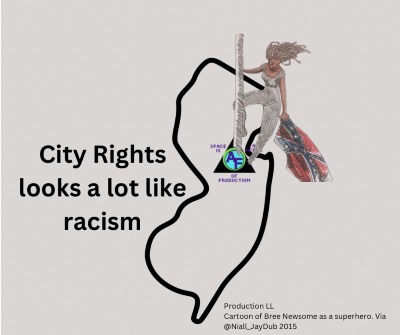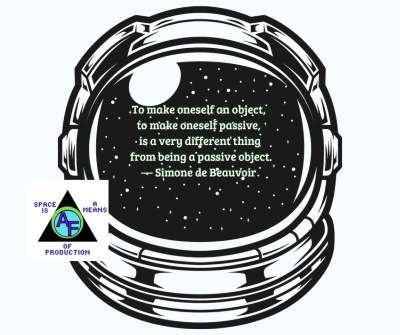The SAVE Act’s assault on democracy: A threat Women and Black people’s the right to vote all over the country and New Jersey

The right to vote—the bedrock of American democracy—is under siege. House Republicans’ Safeguard American Voter Eligibility (SAVE) Act, framed as a remedy for “election integrity,” is instead a brazen effort to disenfranchise millions, disproportionately targeting women, low-income communities, and marginalized voters. At its core, the legislation weaponizes bureaucracy to erect unprecedented barriers to the ballot box, demanding proof of citizenship documents that 21 million eligible Americans lack. For the 69 million women whose legal names no longer match their birth certificates due to marriage, the law isn’t just a hurdle—it’s a systemic erasure. It also hurts African Americans, the group least likely to have a government ID.
Nowhere is the threat more urgent than in New Jersey, while 68 percent of Jerseyans had passports, most Black people in the state, did not, which is significant, because without the Black vote New Jersey would have went to Trump not Harris in the 2024 election. 140 million Americans’ lack of passports—one of the bill’s options for documentation—which exposes the absurdity and inequity of these requirements. This isn’t about security; it’s about silencing voices. As the SAVE Act advances, we must confront what it means for our democracy when voting becomes a privilege reserved for those with the means to navigate labyrinthine paperwork.
The Stakes for New Jersey: Democracy Under Duress
New Jersey’s current voting system, while imperfect, prioritizes accessibility. Residents can register online, by mail, or in person at motor vehicle offices and public assistance agencies, with no stringent ID requirements at polling places. First-time voters need only present widely accessible forms of identification, from student IDs to utility bills. College students, unhoused individuals, and low-income residents—groups often targeted by voter suppression efforts—retain critical protections, such as the right to register using dorm or shelter addresses.
But the SAVE Act would torch this framework. Sponsored by Rep. Claudia Tenney (R-NY) and Rep. Christopher Smith (R-NJ), the bill mandates proof of citizenship—original documents only—for federal elections, upending decades of precedent. Gone are the days of online registration or updating voter information remotely. Instead, a U.S. passport, birth certificate, or naturalization papers become mandatory, despite the fact that half of all Americans lack a passport and for African Americans depending on the age group, it’s as high as 75 percent that lack access, and millions lack immediate access to birth records. For women who changed their names after marriage—a group larger than the population of France—the law imposes a Kafkaesque choice: navigate costly, time-consuming legal processes to align documents or forfeit their vote.
Documentation as Disenfranchisement
The SAVE Act’s cruelty lies in its minutiae. REAL IDs, military IDs, and even Social Security numbers—cornerstones of current verification—are deemed insufficient. Voters must instead present original citizenship papers in person, a requirement that ignores modern life’s complexities. Consider:
21.3 million voting-age citizens lack immediate access to these documents.
69 million women face added burdens due to name changes, forcing them to procure marriage licenses or court orders simply to vote.
Online and mail-in registration—used by 3 million Americans in 2022—would vanish overnight, disenfranchising seniors, disabled voters, and rural residents.
This isn’t hypothetical. In New Jersey, where 1 in 4 residents lacks a passport, the law would gut participation in federal elections. As Rep. Tenney and Rep. Smith celebrates “cleaning up voter rolls,” the subtext is clear: the SAVE Act is a poll tax by another name, privileging those with resources to comply while excluding the rest.
Fighting Back: Preserving the Franchise
The path forward demands vigilance. Organizations like the ACLU and League of Women Voters are mobilizing to challenge the SAVE Act in court, while grassroots groups pressure lawmakers to reject this assault on civil rights. For voters, preparation is key:
Secure citizenship documents now, even if cumbersome.
Advocate for state-level protections to insulate New Jersey’s voting access.
Resist misinformation by sharing resources on social media and community networks.
Democracy shouldn’t require a passport. As the SAVE Act looms, the question isn’t just how we vote—it’s who gets to call themselves American. The answer must include us all.





